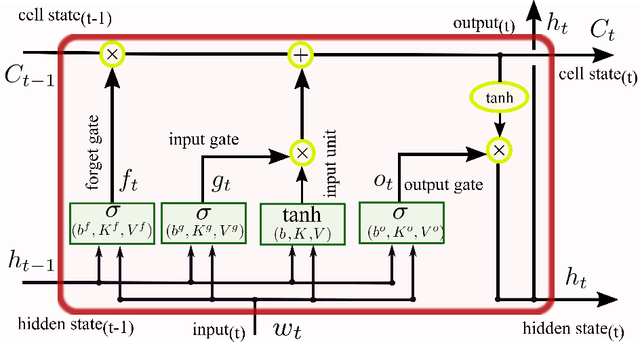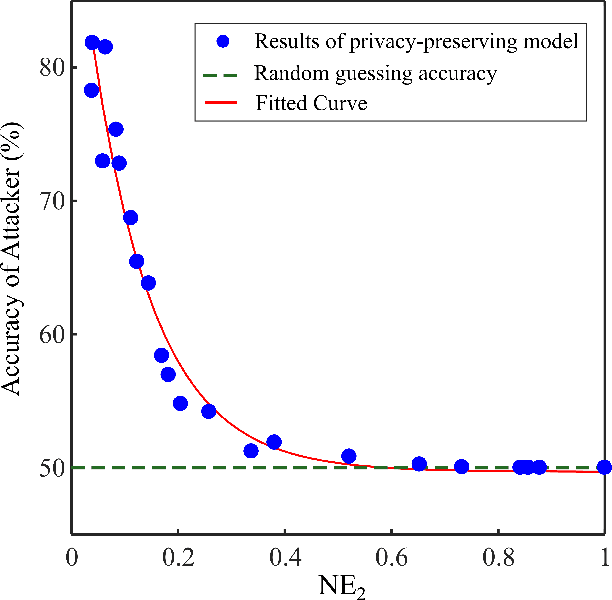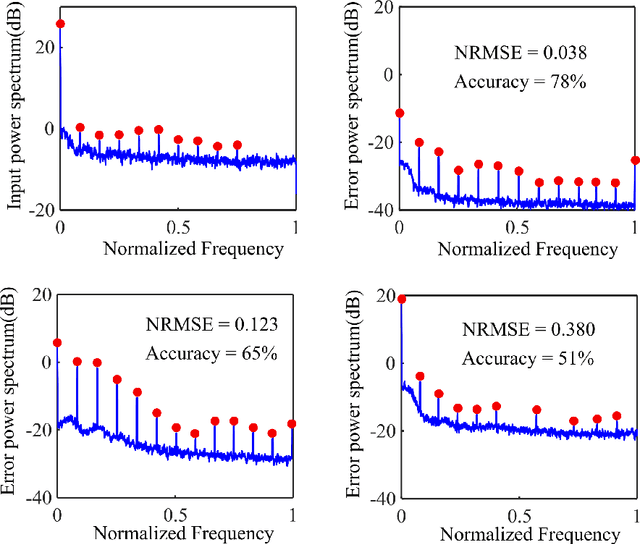Deep Recurrent Adversarial Learning for Privacy-Preserving Smart Meter Data Release
Paper and Code
Jun 14, 2019



Smart Meters (SMs) are an important component of smart electrical grids, but they have also generated serious concerns about privacy data of consumers. In this paper, we present a general formulation of the privacy-preserving problem in SMs from an information-theoretic perspective. In order to capture the casual time series structure of the power measurements, we employ Directed Information (DI) as an adequate measure of privacy. On the other hand, to cope with a variety of potential applications of SMs data, we study different distortion measures along with the standard squared-error distortion. This formulation leads to a quite general training objective (or loss) which is optimized under a deep learning adversarial framework where two Recurrent Neural Networks (RNNs), referred to as the releaser and the attacker, are trained with opposite goals. An exhaustive empirical study is then performed to validate the proposed approach for different privacy problems in three actual data sets. Finally, we study the impact of the data mismatch problem, which occurs when the releaser and the attacker have different training data sets and show that privacy may not require a large level of distortion in real-world scenarios.
 Add to Chrome
Add to Chrome Add to Firefox
Add to Firefox Add to Edge
Add to Edge